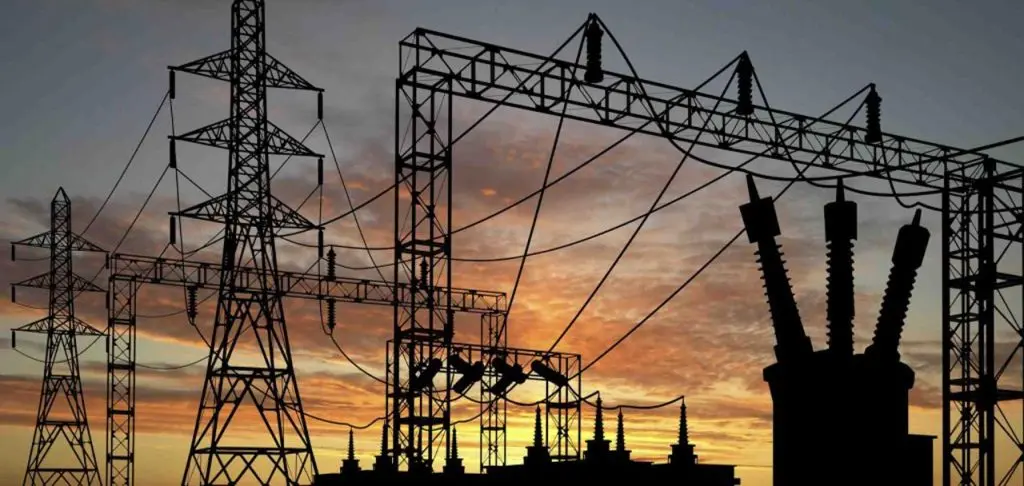News
FG Misses Deadline on Power Subsidy for Schools, Hospitals

Nearly a year after the Federal Government pledged to subsidise electricity bills for hospitals and educational institutions, those facilities continue to grapple with mounting debts and soaring energy costs.
In August 2024, the Minister of Power, Adebayo Adelabu, announced plans to subsidise electricity for tertiary hospitals and universities, even those on the costly Band A supply. However, no concrete action has followed the promise, and insiders now suggest that the government may have quietly abandoned the initiative.
Health and education institutions moved to Band A—where subsidies were removed—saw their electricity costs triple. Some federal hospitals now pay as much as ₦300 million monthly, up from ₦100 million before the tariff hike.
Adelabu, who recently declared his interest in the Ogun governorship race, had stated that while commercial ventures on campuses would not be subsidised, the government was willing to offset part of the bills for core health and academic services. He said data was being compiled, and electricity distribution companies (Discos) would collect a certain amount while the government would pay the balance.
Despite assurances, officials at various government-owned institutions confirmed the subsidy has not materialised. Many now face threats of disconnection over unpaid bills. The University of Lagos and its teaching hospital were reportedly cut off from power supply last year due to arrears.
A former Minister of State for Health, Dr Tunji Alausa, also declared that a 50 percent electricity subsidy had been approved. Yet, implementation remains nonexistent, fueling criticism that the announcement was purely political.
Adeola Samuel-Ilori, National Coordinator of the All Electricity Consumers Protection Forum, said no concrete subsidy plan was ever approved by the Federal Executive Council. He described it as a mere political statement and said his interactions with officials at the Nigerian Electricity Regulatory Commission (NERC) revealed no awareness of such a policy.
Professor Dayo Ayoade, an energy expert at the University of Lagos, also expressed skepticism, saying subsidies are difficult to implement, often abused, and typically unsustainable. He recommended investing in solar installations to ease reliance on the national grid.
There are signs the government is shifting focus to solar alternatives. According to Bolaji Tunji, the minister’s media aide, the Rural Electrification Agency is executing projects that will deliver off-grid solar energy to federal universities and teaching hospitals.
Institutions that have benefited include the University of Maiduguri and its teaching hospital in Borno State, which received 12 megawatts of solar power. The University of Calabar and its teaching hospital in Cross River State received 7 megawatts. Michael Okpara University of Agriculture in Abia State received 3 megawatts. The Federal University of Agriculture in Abeokuta, Ogun State, also received 3 megawatts. The University of Abuja, Nigerian Defence Academy in Kaduna, and the Federal University Gashua in Yobe received 3 megawatts, 2.5 megawatts, and 1.5 megawatts, respectively.
The agency is also tasked with installing solar street lighting and establishing renewable energy training centers at beneficiary institutions, along with STEM internships for selected female students.
Government estimates show it would cost approximately ₦188 billion annually to subsidise electricity for 75 public tertiary hospitals and 300 educational institutions. About ₦3.75 billion would be needed monthly for hospitals alone, translating to ₦45 billion annually. Educational institutions, including 125 public universities, 94 polytechnics, and 81 colleges of education, would require an estimated ₦11.94 billion monthly and ₦143.25 billion annually.
Given Nigeria’s rising power subsidy costs—already over ₦500 billion in the first quarter of 2025—the proposed subsidy plan for institutions appears unlikely to proceed.



